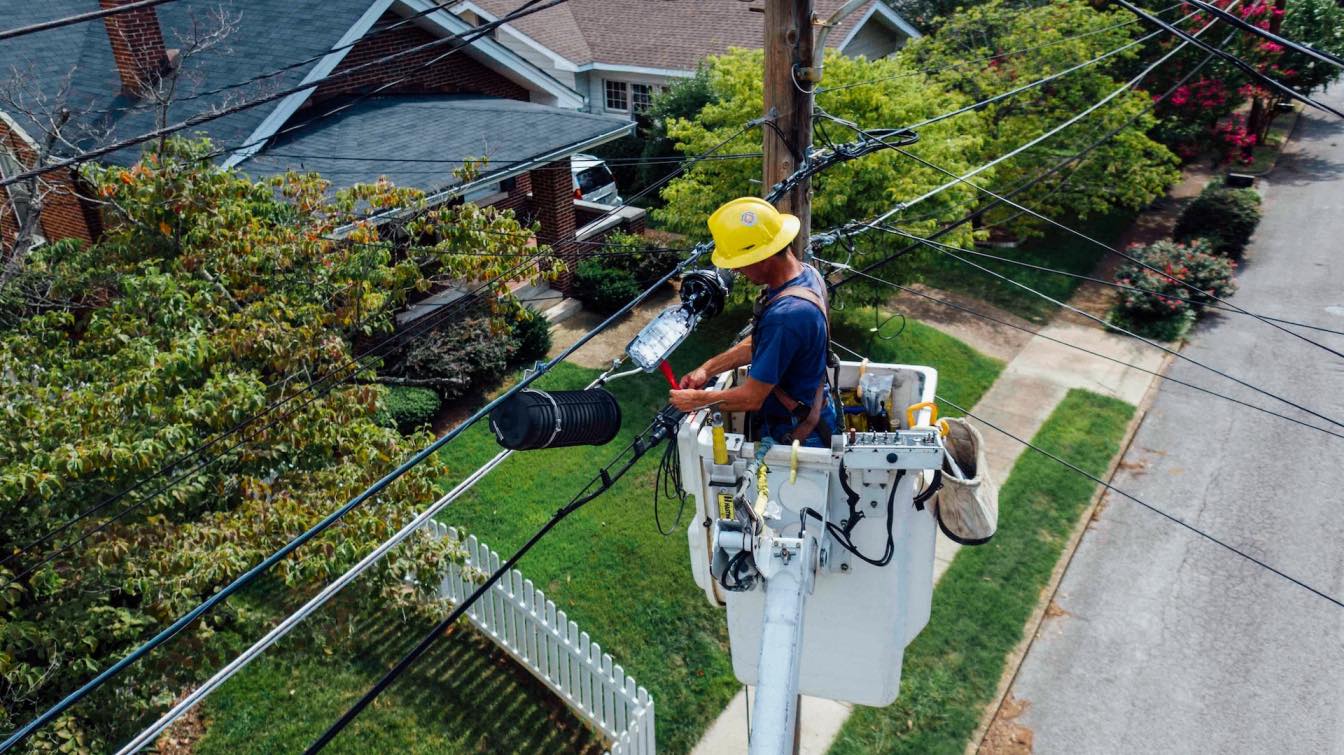Selling your house can be both exciting and daunting. The process involves more than simply sticking a "For Sale" sign in your yard; it's a journey that requires careful planning, strategic decision-making, and patience. Whether you're downsizing, upsizing, or relocating, being well-prepared is crucial. In the following sections, we explore seven key factors to consider as you embark on this important journey to ensure you're armed with the knowledge you need for a successful sale.
1. Assess Your Home's Condition
Before presenting your home to potential buyers, assessing its overall condition is crucial. This includes checking structural elements, electricity and plumbing systems, roof condition, and the state of interior fixtures. Identifying and addressing any maintenance issues upfront will prevent unpleasant surprises during the home inspection and enhance buyer confidence in your property.
A well-maintained home can fetch a higher price in the market. Consider hiring a professional home inspector to identify potential issues that may deter buyers. Consider the types of renos buyers want, such as modern kitchens, updated bathrooms, and energy-efficient features. Putting in the effort to make these updates can greatly increase your home's appeal and value to potential buyers.
2. Make Sure the Curb Appeal is Top Notch
The exterior of your house serves as the first impression for potential buyers; hence, enhancing curb appeal can significantly increase your home's market value. This means something other than a complete landscape makeover or a new paint job. Simple tasks such as trimming overgrown bushes, mowing the lawn, cleaning the windows, and painting the front door can create a welcoming first impression. Additionally, consider adding attractive outdoor lighting to highlight your property's features at night.
Even small changes can make a big difference to the overall look of your house. For example, replacing old house numbers with new, modern numbers can significantly improve your home's appearance. Similarly, adding potted plants or flowers near the entrance makes the space more appealing. Remember, the goal is to create an inviting exterior that makes potential buyers eager to see what's inside.
3. Research the Local Real Estate Market
Understanding the local real estate market is critical in successfully selling your house. This involves looking at recent sales of similar homes in your area, known as comparables (or comps), to help determine a fair price for your property. The market's temperature is another critical factor; knowing whether it's a seller's or buyer's market will provide you with invaluable insight and can significantly influence your selling strategy.
In a buyer's market, there's a surplus of homes for sale, which can cause prices to drop. Selling in this environment may necessitate additional marketing efforts or pricing your house competitively to make it stand out. On the other hand, a seller's market sees an excess of buyers and limited inventory, often leading to bidding wars and homes selling above their asking price. A real estate professional can provide a detailed market analysis and guide you in setting a competitive price, optimizing your chances for a successful sale.
4. Hire a Reputable Real Estate Agent
Hiring a reputable real estate agent is crucial in navigating the complex home selling process. A seasoned agent brings valuable expertise and local market knowledge, ensuring your home is priced competitively and marketed effectively to potential buyers. They guide you through each step, from staging your home to negotiating offers, making the process less stressful and more efficient.
A skilled agent brings an extensive network of contacts, including potential buyers, fellow agents, and home service professionals, to your advantage. Their strategic marketing efforts, including professional photography, virtual tours, open houses, and listing on high-visibility platforms, can significantly increase your home's exposure and attract serious buyers. Leveraging the services of a professional realtor helps you sell your home faster and for the best possible price.
5. Depersonalize and Declutter
Depersonalizing and decluttering your home is a crucial step in the selling process. Potential buyers should be able to envision themselves living in your home, which can be challenging if your personal belongings are on display. Consider removing family photos, keepsakes, and other personalized items from the home. Neutralizing the space allows buyers to imagine their own families and lives in the house, increasing the likelihood of a sale.
On the other hand, decluttering involves removing unnecessary items that may make your home appear crowded or disorganized. Clear out closets, drawers, and cupboards to showcase your home's ample storage space. This also includes tidying up your yard, garage, or outdoor spaces. A clutter-free home looks bigger and more appealing, ultimately adding to the value of your property.
6. Stage the Home for Maximum Appeal
Staging a home involves arranging furniture and decor to showcase your home's best features while creating a warm, inviting atmosphere. Professional stagers can highlight your home's potential, making it more appealing to potential buyers. They often use neutral colors and modern decor to create an elegant aesthetic that suits many tastes.
If you choose to stage your home yourself, consider starting with a deep clean and decluttering session. Then, rearrange the furniture to create an open and welcoming layout. Adding fresh flowers or plants can add warmth and vibrancy to the space. Finally, ensure all rooms are well-lit and staged to highlight their purpose; for example, a bedroom should look like a peaceful retreat, while a home office should feel organized and productive.
7. Stay Flexible and Patient
It's essential to stay flexible and patient throughout the home-selling process. Selling a house can be a lengthy and unpredictable journey, with factors such as market conditions, buyer preferences, and personal circumstances influencing the timeline. It's crucial to be open to negotiations and compromises when necessary.
Additionally, potential buyers may request multiple viewings or repairs before making an offer. Be patient and accommodating during this process; remember that every show is an opportunity to showcase your home and make a lasting impression on potential buyers. By staying flexible and patient, you can easily navigate the selling process and increase your chances of a successful sale.
Selling a house requires careful planning, thorough research, and the help of professionals. You can ensure a smoother and more successful sale by assessing your home's condition, enhancing curb appeal, researching the market, hiring an agent, depersonalizing and decluttering, staging the house, and staying flexible and patient throughout the process. With these tips in mind, you'll be well on your way to selling your home for the best possible price in the shortest time.





